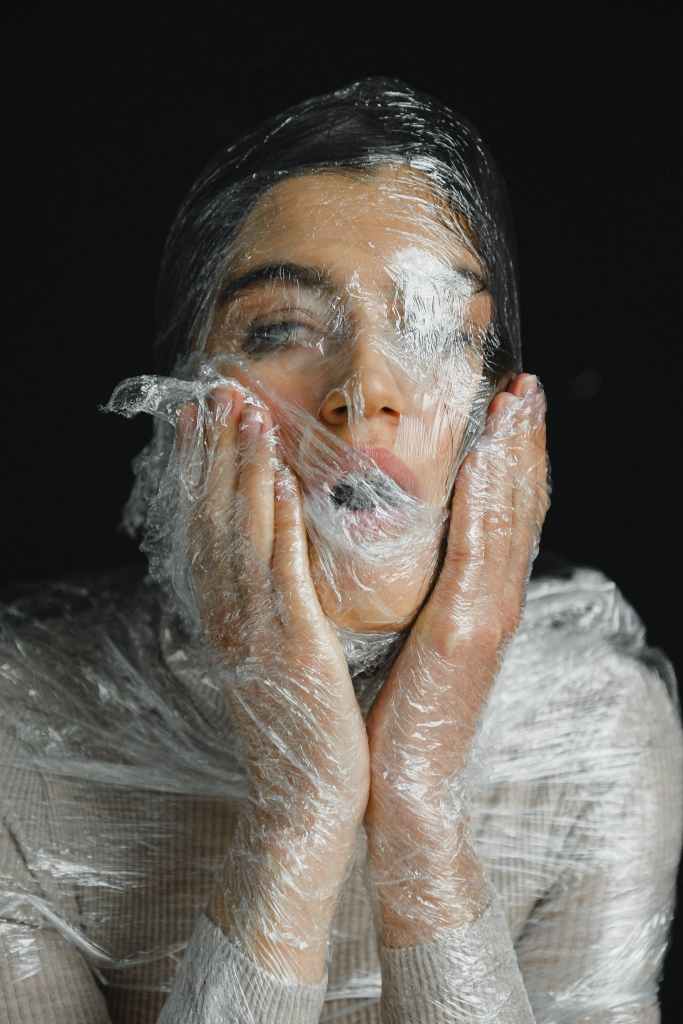Eminem Approach
Part of my anxiety about grad school stemmed from my fear of academic writing. Having been away from the classroom since my graduation in 2007, I haven’t written anything academic in a long time. Most of my writing dealt with reviews, blogging my day-to-day, and some press releases for my old job. And, of course, the occasional poem.
However, I managed to complete the semester without losing my mind. I did this by using the Eminem approach to writing (you think I’m joking, but I’m not).
While on set for the 8 Mile movie, it has been reported that Eminem would take time during breaks in filming to pen the lyrics to “Lose Yourself.” You can even see this process in the movie when Jimmy rides the public transit.
I wrote a little something every chance I got, jotted down the quotes I wanted to use to make my case, etc.
Annotations as Art
Like so many people, I have fallen down the rabbit hole that is Booktok/Bookstagram. I don’t aspire to become a book influencer. My brain is too chaotic to be that focused. I applaud those who can.
However, I began to question the book annotation aesthetics featured in videos and photographs. At a glance, I paid them no mind. But as my feed began to be saturated with annotations, a question began to nag at me:
Are people really finding that many interesting things within the two page spread?
While I don’t want to discredit anyone’s reason for “over” annotating a book, I’m beginning to see these as less a way to create marginalia (though it still exists), but as a way of creating art from an existing work. And this is not a bad thing–though a different, older me would have been aghast at the idea of writing in a book so liberally; I enjoy the style and feel of the photograph.
Am I alone in this?
Gluttony of Stress
At the encouragement of my professor (and the chair of the program I am in) I have applied for my school’s Gender & Women’s Studies Program (GWSP). The graduate program is a graduate certificate program which will work alongside my MA in Interdisciplinary Studies program in Mexican American Studies.
I toyed with the idea of one of my focuses (I get two) to be GWSP, but she encouraged me to go for both. I think she wants me to have an endgame where I teach, which wasn’t in my cards, but I am heavily considering it now.
That said, I may wind up writing a thesis so this is something I should look into now just in case.
Onward and Forward
Several months ago, I wrote a piece that I had every intent on publishing here. It’s a stream-of-consciousness piece, but I want to look into it again and maybe make it into something more autobiographical than fictional. While the autobiographical nature was in the piece, it wasn’t honest.
There’s this (anti) methodological approach that I learned about this semester: Nepantlando.
“Gloria Anzaldúa defines and conceptually marks the border as an ideological site she calls nepantla—a Nahuatl word that refers to a space existing in-between worlds. […] We situate Anzaldúa’s Borderland theory to the crossings in nepantla and identify ourselves as intentional border crossers, visionaries, as nepantleras. […] As nepantleras, we activate new processes for decolonizing our minds and bodies. As we traverse nepantla spaces, we seek opportunities for initiating what we call nepantlando. Nepantlando = nepantla (existing in-between worlds) + Spanish gerund (ando). We define nepantlando as an activated in-between space where within the gap, la rajdura, it is no longer a place of teetering precariously on the edge or straddling the in-between; but rather, a bridge is created, envisioned, summoned, and embodied by nepantleras as new possibilities through intentional acts that lead to transformation” (Sotomayor and García 292).
And I want to practice this form approach within my nonfictional, journal-writing especially on this blog. Stay tuned, I suppose.
Works Cited:
Piacquadio, Andrea. “Woman in Red Long Sleeve Writing on Chalk Board.” Pexels, 19 Feb. 2020.
Sotomayor, L. C., & García, C. S. (2023). “Nepantlando: A Borderlands Approach to Curating, Art Practice, and Teaching”. In The Routledge Companion to Decolonizing Art, Craft, and Visual Culture Education (1st ed., pp. 292–307). Routledge. https://doi.org/10.4324/9781003190530-37





